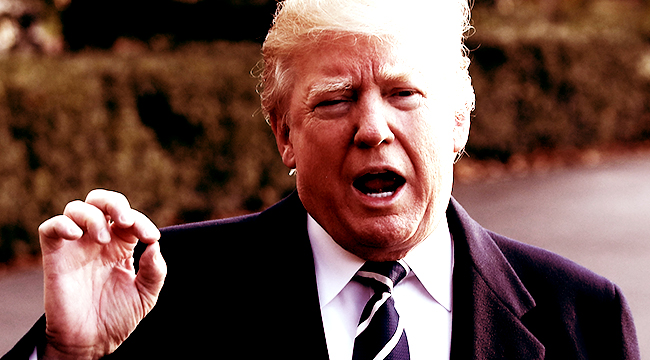
You’ve probably never heard of the Codex Alimentarius Commission, but it’s the reason there’s only six items food poisoning experts won’t eat. The committee of 180 countries sets international food safety standards; almost every nation’s food safety laws are built on their recommendations. Part of that is because most nations offer scientists who use the latest research to determine what’s safe to put in your mouth and what isn’t. Perhaps unsurprisingly, the Trump administration wants to change this.
FiveThirtyEight has a good summary of what seems to be a minor bureaucratic change: The U.S. office for working on the Codex has been shifted from the Department of Agriculture’s food safety division to the agency’s trade office. That means, in other words, the people making the case for the U.S. have to think in terms of business, not science. And that bothers a lot of people in both the USDA and the Food and Drug Administration.
In a letter to the USDA, Stephen Ostroff, deputy commissioner for foods and veterinary medicine at the FDA, publicly objected to Perdue’s proposal. He pointed out that a congressionally appointed commission had advised against changing the oversight of the Codex Group out of concern that it could harm public safety by giving industry groups a voice in decisions that are supposed to be based on science. “Conflating science and trade by putting them in the same mission area will, at a minimum, affect perceptions of scientific integrity and undermine the U.S. trade positions,” the panel said.
In other words, most of the world will think the USDA isn’t arguing in good faith and really, can you blame them? Trump’s grasp of agriculture issues is spotty at best, and it’s clear the plan is to push American goods and services into foreign markets come hell or high water.
But you really, really do not want to play fast and loose with food safety standards. Just in the short term, food poisoning causes 420,000 deaths a year, and we’re still arguing over the risk of everything from food dyes to GMOs. The only good news is that since America is just one voice in an international body, this isn’t going to derail federal food standards tomorrow. But it tells us that safety takes a backseat to money for the people who are supposed to vet what we eat, and it’s only going to make the already frought issue of trusting the products on grocery store shelves that much stickier.
(via FiveThirtyEight)
